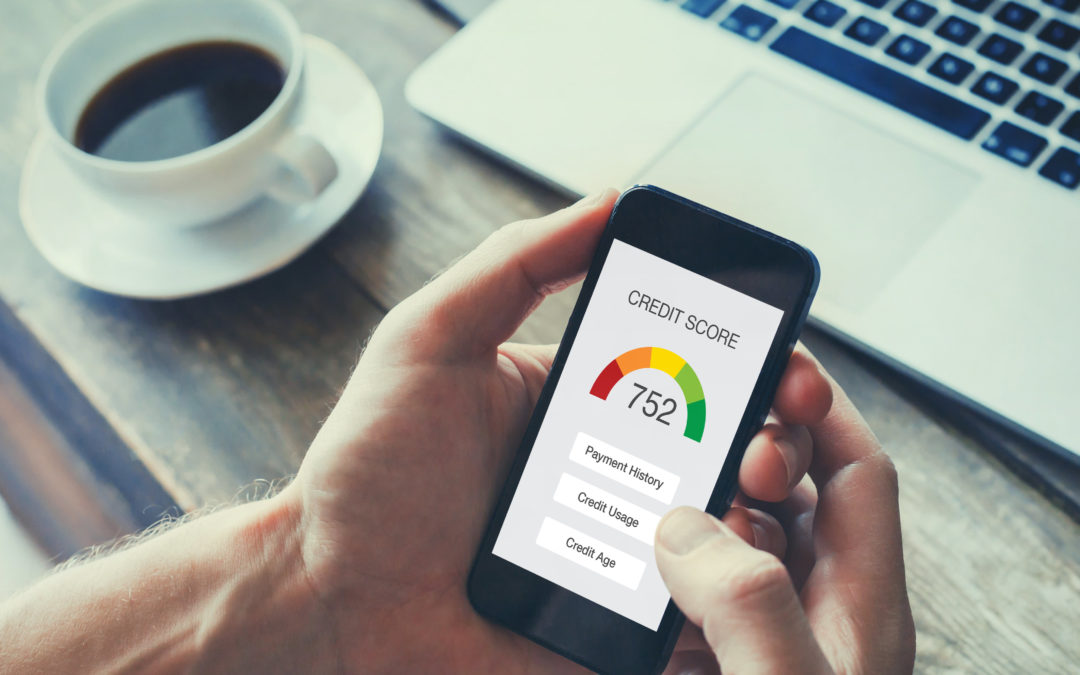Your ability to pay your bills on time and how long you’ve had credit open to you are two elements that affect your credit ratings. Knowing what influences credit ratings enables you to develop or protect your credit in the most efficient manner possible.
Before selecting how much money they are willing to give you and at what interest rate, three different sorts of lenders—credit card firms, auto dealers, and mortgage bankers—will check your credit score. Before granting you an insurance policy or renting an apartment, insurance firms and landlords may also check your credit score to see how financially responsible you are.
Your credit score significantly impacts your life now and in the future, sometimes in ways that you might not even be aware of. Your credit score affects how much interest you pay on credit cards and loans and how likely it is that a lender will approve you for them in the first place.
Unexpected firms, like insurance providers, have begun to judge you based on your credit scores. Before starting a new service in your name, utility providers examine your credit. Some employers use your credit history—rather than your actual credit score—to determine whether to offer you a job, a raise, or a promotion.
Protecting and establishing your credit is more crucial than ever, and managing the following five criteria can significantly affect your credit score.
Protecting and establishing your credit is more crucial than ever, and managing the following five criteria can significantly affect your credit score.
Your credit score reveals whether or not you have a track record of stewardship with money and credit. The possible scores are between 300 and 850. Major credit bureaus create this score, commonly known as the FICO score, based on data in your credit file. The components that make up your score are listed below, along with each component’s weight.
Payment history
One of the critical credit scoring variables that might affect your scores is your payment history.
The best thing for your credit ratings is a long history of on-time payments, although missing a payment could lower them. The longer a bill remains unpaid, the worsening implications of missed payments may become.
Thirty-five percent of your credit score is based on your payment history. In actuality, the one thing that has the most significant impact on your credit score is how quickly you pay your debts.
Depending on how much you owe, a late payment’s impact on your credit may also differ. If you have difficulty making payments, you may also end up with a public record, such as a tax lien or foreclosure, which appears on your credit reports and lowers your scores. A single negative item on your credit report, such as bankruptcy, can occasionally have a significant effect.
Credit History
The average age of your accounts could decrease if you open new ones, which could impact your scores. But the damage to your scores can also be more than made up for if you cut your credit utilization rate, raise your overall credit limit, make on-time payments to the new card, and diversify your credit.
Your credit score’s age of credit component, which accounts for 15%, considers both the age of your oldest account and the overall average age of all your funds. Your credit score will benefit from having “older” credit because it demonstrates that you have a lot of experience managing credit.
Long credit histories are beneficial (if they are unblemished by late payments and other bad elements). Short records can also be acceptable if you have made your payments on time and haven’t accrued too much debt.
New Credit
Long credit histories are beneficial (if they are unblemished by late payments and other bad elements), but short records can also be acceptable if you have made your payments on time and haven’t accrued too much debt.
When you apply to open a new line of credit, creditors can check your credit history and scores. This can result in a credit inquiry, which can appear on your credit reports for up to two years.
Your credit scores are unaffected by soft queries, such as those that result from checking your scores and some pre-qualifications for loans or credit cards.
The score assumes that if you’ve opened a lot of accounts recently and a large percentage of them compared to all of your other accounts, you might be a bigger credit risk. Why? Because people frequently do this when they have trouble with their cash flow or intend to take on a lot of new debt.
There are numerous credit scores, and you might not know which one a lender would use to evaluate your application. However, criteria are weighed similarly when determining consumer credit scores, which are based on the data in your consumer credit reports. You might have better credit overall if you concentrate on enhancing these aspects.


Recent Comments